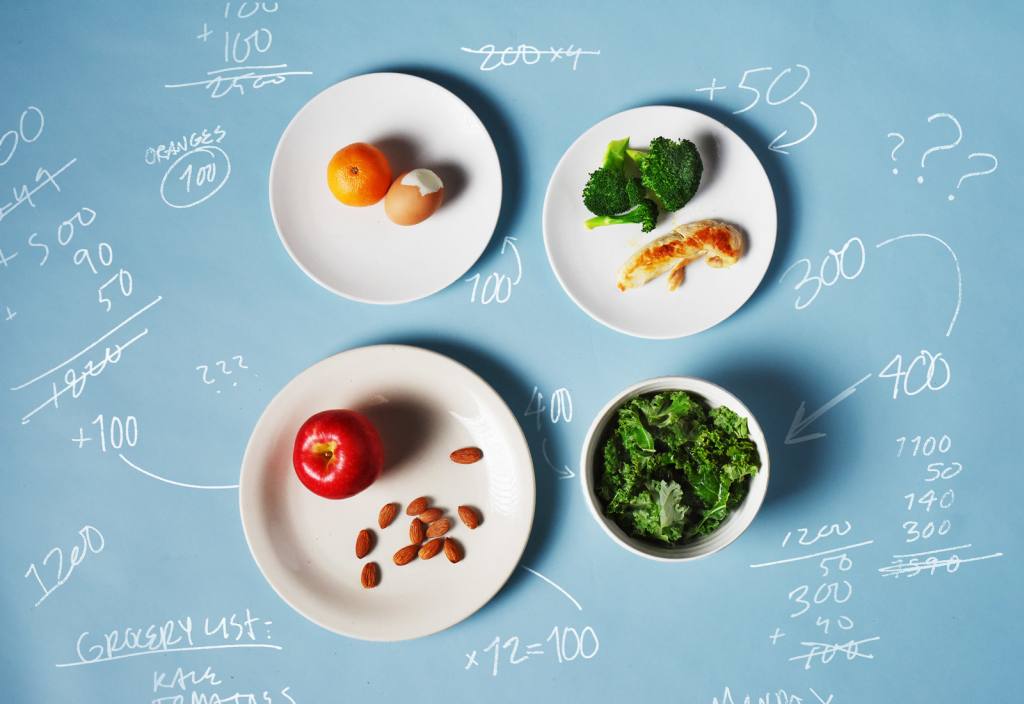The idea of consuming 1200 calories a day has gained popularity among those looking to lose weight quickly. While it might seem like a simple, straightforward approach to shedding pounds, this low-calorie intake raises several important questions about its adequacy and safety. Understanding whether a 1200-calorie diet is enough involves examining individual nutritional needs, potential health risks, and the diet’s long-term sustainability. In this article, we’ll explore these aspects to determine if a 1200-calorie diet is a suitable option for weight loss and overall health.
Individual Nutritional Needs
Every individual has unique nutritional requirements based on factors such as age, gender, weight, height, and activity level. The average adult needs significantly more than 1200 calories to maintain their current weight and support essential bodily functions. For instance, a sedentary woman typically needs around 1800-2000 calories a day, while active women may require even more. Men generally need even higher caloric intake. Reducing calorie intake to 1200 per day may not provide sufficient nutrients, leading to deficiencies and potential health issues. It’s crucial to tailor any diet plan to one’s specific needs rather than adhering to a one-size-fits-all approach.
Potential Health Risks
A diet restricted to 1200 calories a day can pose several health risks, especially if not carefully managed. One of the primary concerns is malnutrition. With such a limited caloric intake, it becomes challenging to consume adequate amounts of essential nutrients, including vitamins, minerals, proteins, and healthy fats. This can result in fatigue, weakened immune function, and decreased muscle mass. Additionally, severe calorie restriction can lead to metabolic slowdown, making it harder to lose weight over time and easier to regain weight once normal eating patterns resume. It’s vital to consider these risks and prioritize a balanced diet that meets all nutritional requirements.

Short-Term vs. Long-Term Effects
While a 1200-calorie diet might lead to quick weight loss in the short term, its long-term effects can be detrimental. Rapid weight loss often involves losing muscle mass along with fat, which can negatively impact metabolism and overall health. Moreover, such restrictive diets are difficult to maintain, leading to a cycle of yo-yo dieting where individuals lose and regain weight repeatedly. This pattern can harm physical and mental health, resulting in a negative relationship with food and body image. Sustainable weight loss should focus on gradual changes and healthy eating habits that can be maintained over time.
Creating a Balanced Approach
Rather than adhering to a strict 1200-calorie diet, creating a balanced approach to weight loss is more effective and healthier. This involves focusing on nutrient-dense foods that provide essential vitamins and minerals while keeping calorie intake within a reasonable range. Incorporating a variety of fruits, vegetables, lean proteins, whole grains, and healthy fats can ensure a well-rounded diet. Additionally, regular physical activity plays a crucial role in weight management and overall health. Consulting with a healthcare professional or a registered dietitian can help develop a personalized plan that meets individual needs and goals without compromising health.
Conclusion
In conclusion, a 1200-calorie diet may not be enough for most individuals to meet their nutritional needs and maintain overall health. While it can lead to rapid weight loss initially, the potential health risks and challenges associated with such a restrictive diet make it unsustainable in the long run. A balanced approach that includes nutrient-dense foods and regular physical activity is more effective for achieving and maintaining a healthy weight. Personalized guidance from healthcare professionals can help create a safe and effective weight loss plan tailored to individual needs. Prioritizing long-term health and well-being over quick fixes is essential for sustainable weight management.

